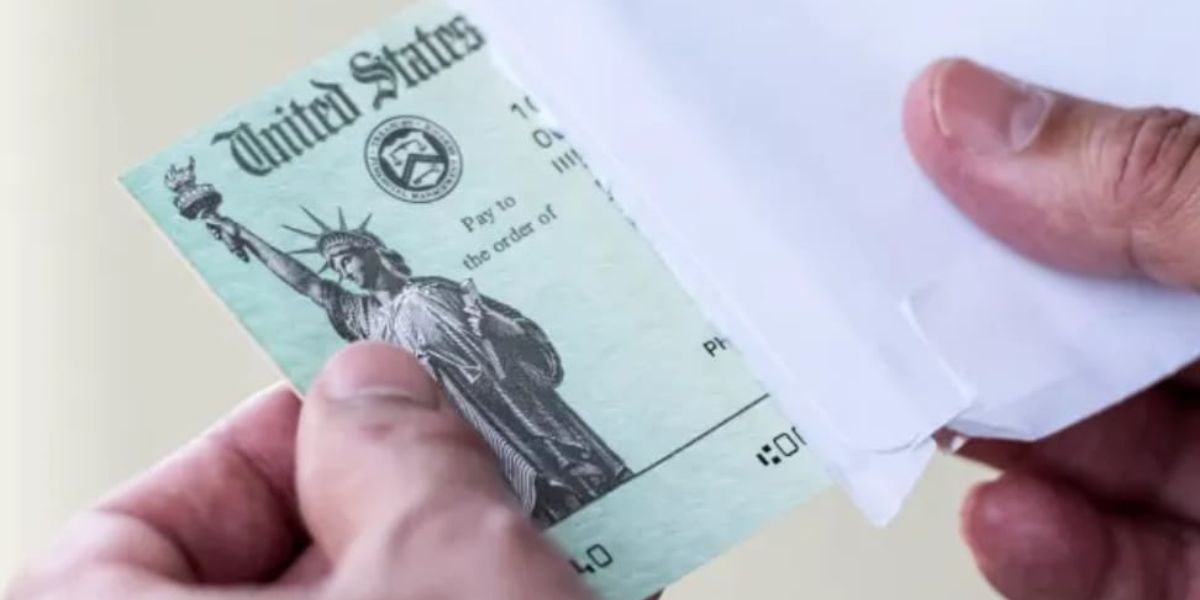Tax season is meant to be a period of relief, not a surprise. Following a year of expenditure, many look forward to a small injection in the form of a tax refund from the IRS. But what happens when that refund never makes it to your bank account?
Or even worse, get garnished before you even get to see it? If you’re wondering why your refund is smaller than expected or gone entirely, it may be because the IRS can take away your refund under certain conditions.
Can the IRS really keep your refund? Yes, and here’s how
This isn’t just about errors in filing. It’s most often due to debts you may not be aware of that can affect your tax return, like student loans, overdue taxes, and child support. The IRS doesn’t need a judge or your approval to do this. They simply take it, by law. So, before you file your return, it’s a good idea to know what not to include on your tax return and how to protect your money.
The IRS has a few powerful tools at its disposal, and tax refund offsets are one of them. If you owe certain types of debt, your tax refund is fair game.
The IRS can take your refund if you owe federal taxes
The most common reason the IRS will take your refund is if you owe back federal income taxes. Even if you’re on an installment agreement, they can still apply your refund toward your balance. The IRS will send you a notice telling you how much was withheld and where it was forwarded.
The IRS can garnish your refund for unpaid student loans
If you have defaulted on federal student loans, the IRS may seize your tax refund to pay off the debt partially. It comes as a shock, especially if it has been many years since you last heard from your loan’s servicer. Even if the debt is old, the Treasury Offset Program allows the government to deduct what you owe directly from your refund.
Why child support debt can wipe out your refund
Yes, if you owe child support, the IRS can offset your entire refund. This is not a threat, it’s standard procedure. The IRS works with state agencies to collect past-due child support by using federal refunds. If you are currently paying, there is still an offset if there is a current past-due balance. Your only protection against this is keeping your payments completely up to date and double-checking your records at tax time.
What to do if the IRS keeps your refund?
You’re not helpless. There are actions that you can take to protect your tax refund before filing:
- Double-check your debt: Make sure you owe back taxes, loans, or support payments.
- Request a review: In case you get a notice, you can file a dispute or appeal.
- Call the agency: Call the agency that requested the offset directly to talk about payment arrangements or adjustments.
Don’t let surprises ruin your refund, plan ahead
When it comes to tax season, it pays to be prepared. The reality is this: the IRS can take away your refund without much notice, and it can happen for reasons many people overlook. By checking your debt status, staying up to date on obligations, and understanding what not to include on your tax return, you’re giving yourself the best chance to get your refund in full.
Don’t forget, tax refunds aren’t guaranteed. They’re based on your financial circumstances, and debt counts as a straight-down-the-line consideration. Plan in advance, don’t simply respond. Knowing what puts your refund at risk is the first step to leaving it in your pocket.




